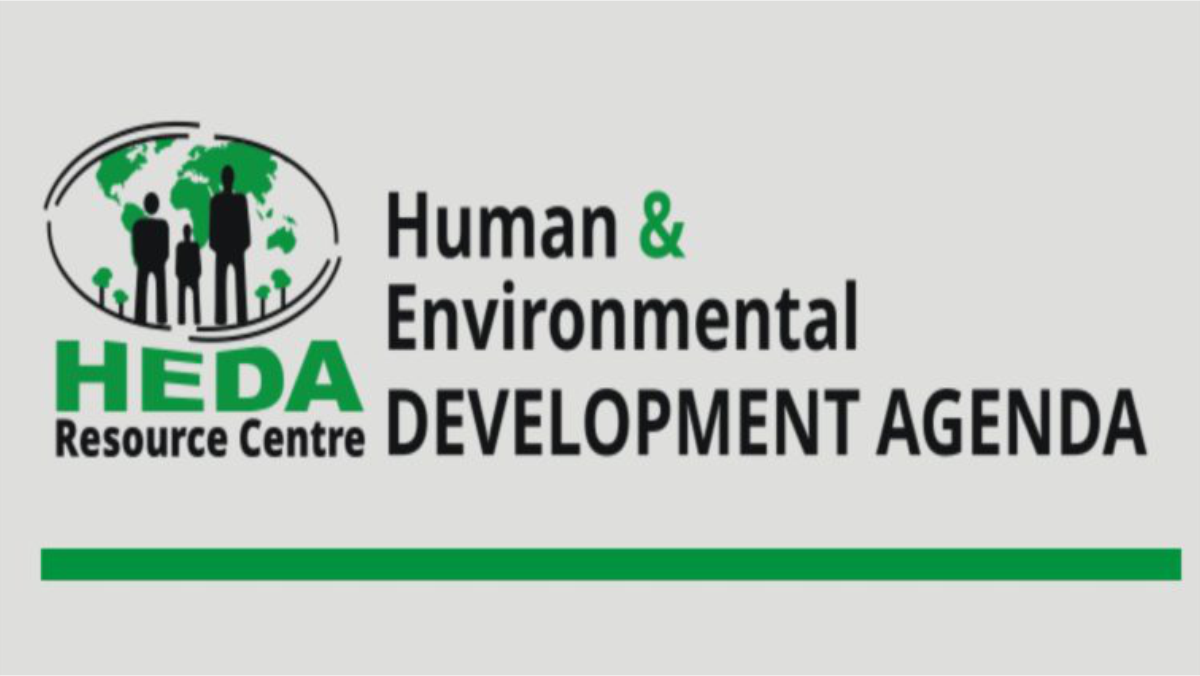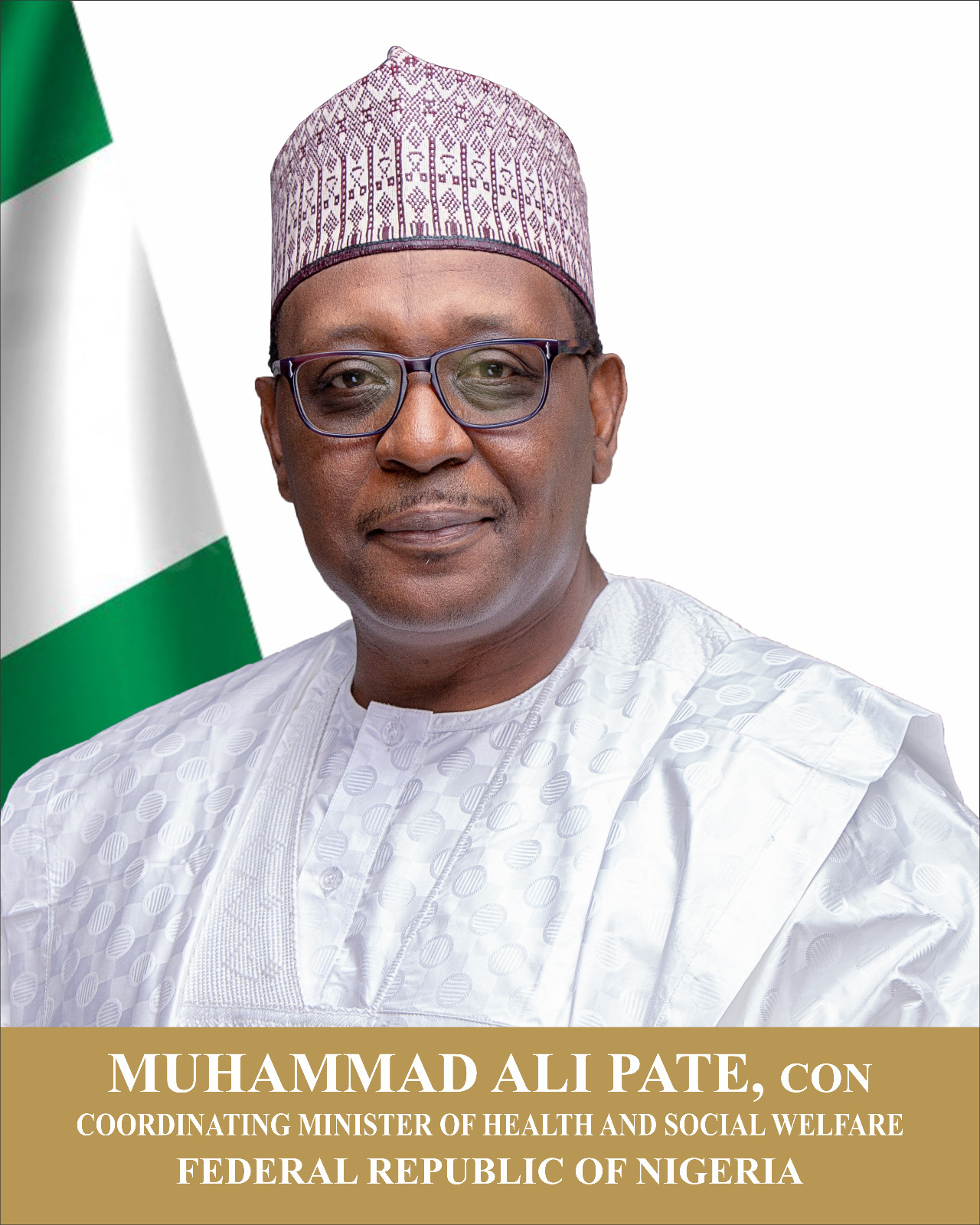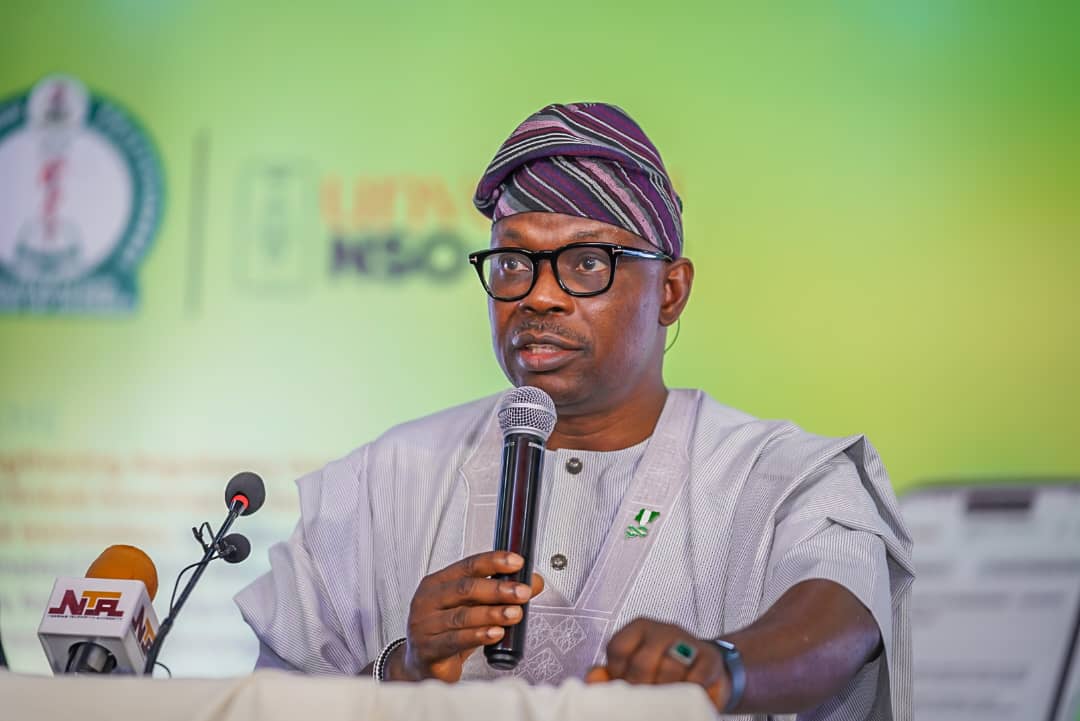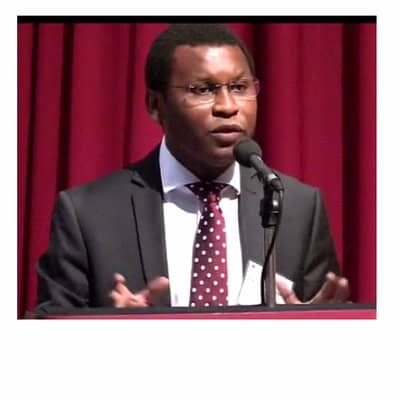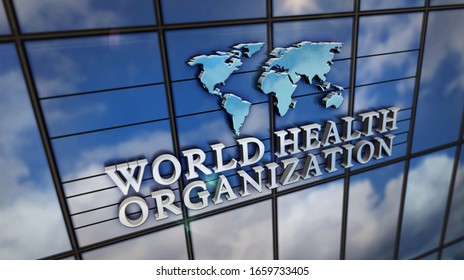
As the world marks World AIDS Day 2025, the World Health Organization (WHO) has issued a stark warning: Africa’s decades-long progress against HIV is at risk due to a rapidly shifting global funding landscape, urged Stronger, Self-Reliant Response.
In a message delivered on Monday, the WHO Regional Director for Africa, Dr. Mohamed Janabi, called for urgent action from governments and partners to protect hard-won gains and transform the HIV response into stronger, more self-reliant systems capable of withstanding emerging disruptions.
Dr. Janabi said this year’s theme — “Overcoming Disruption: Transforming the AIDS Response”, mirrors the reality of shrinking donor funds that threaten essential HIV services across the continent. He warned that pullbacks in HIV financing make it more urgent than ever to safeguard progress and protect lives, but also present an opportunity to build a more resilient and people-centred response.
He noted that several African countries are embedding HIV services within primary healthcare systems to ensure continuity of care. Sustaining these reforms, he added, requires protecting testing, treatment and prevention infrastructure while accelerating access to innovation.
Dr. Janabi highlighted the promise of long-acting prevention tools such as Lenacapavir, which requires just two injections per year. WHO commended South Africa for being the first on the continent to license the medicine for HIV prevention and encouraged other countries to follow suit.
He also warned that misinformation remains a growing threat to public health, stressing the need to defend scientific freedom, promote evidence-based policies and strengthen community leadership. He cited youth-led initiatives using WhatsApp and local radio to counter misinformation and encourage treatment adherence during recent crises.
Despite the challenges, Dr. Janabi said Africa has made remarkable progress over the past decade. New HIV infections and AIDS-related deaths have fallen by more than half since 2010, with 21.7 million people now on antiretroviral therapy. Community-led testing, differentiated care and integration with primary healthcare have reshaped how services are delivered. Botswana’s achievement of Gold Tier status for eliminating mother-to-child transmission stands as evidence of what sustained commitment can achieve.
READ ALSO: Inner Wheel urges teenagers to report, speak out against GBV
NGO sensitises Lagos market women to clean cooking energy
However, he cautioned that progress remains fragile and requires immediate action to protect gains and accelerate unfinished work. He urged African governments and partners to increase domestic investments, rebuild momentum through stronger health systems, tackle stigma and discrimination, and prioritize key populations, adolescent girls and young women.
Reaffirming WHO’s support, Dr. Janabi said the organization stands ready to help countries transform HIV services into resilient and sustainable systems capable of enduring future disruptions. He closed with an African proverb:
“If you want to go fast, go alone. If you want to go far, go together. Together, we can end AIDS in Africa.”

